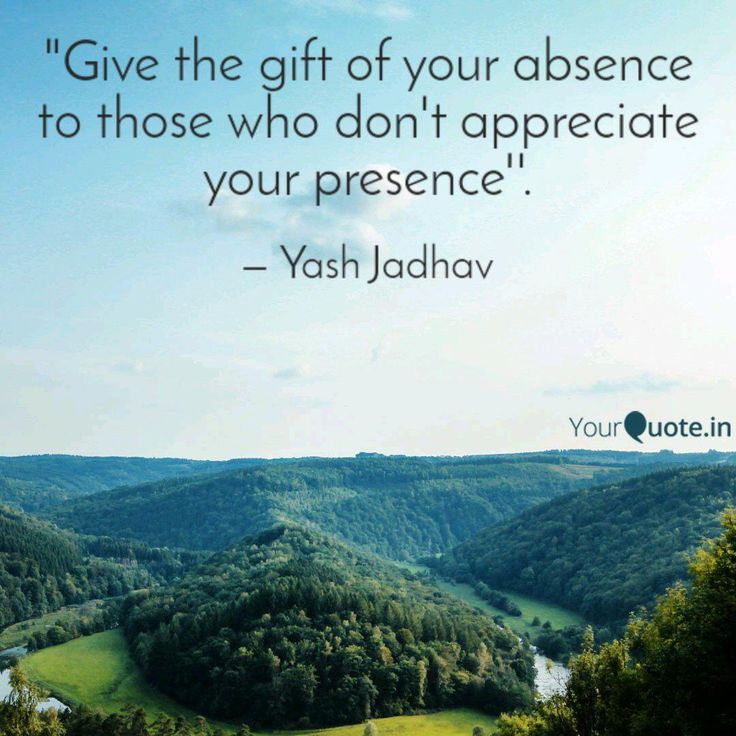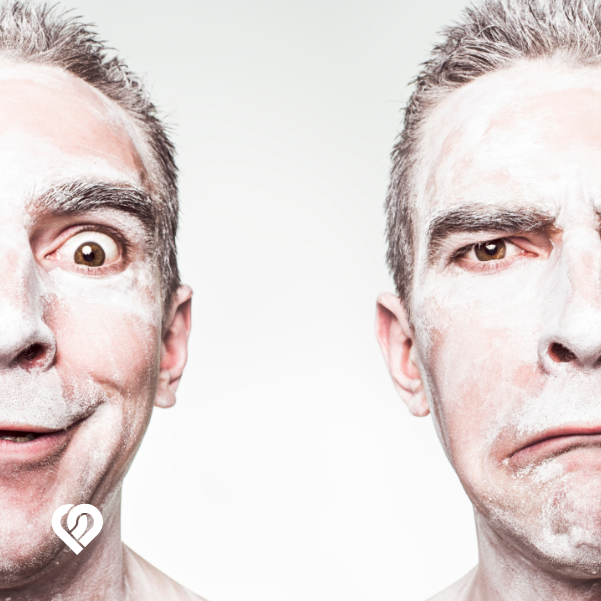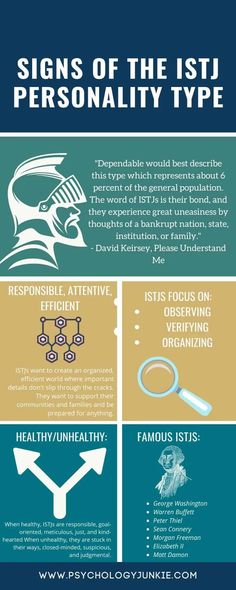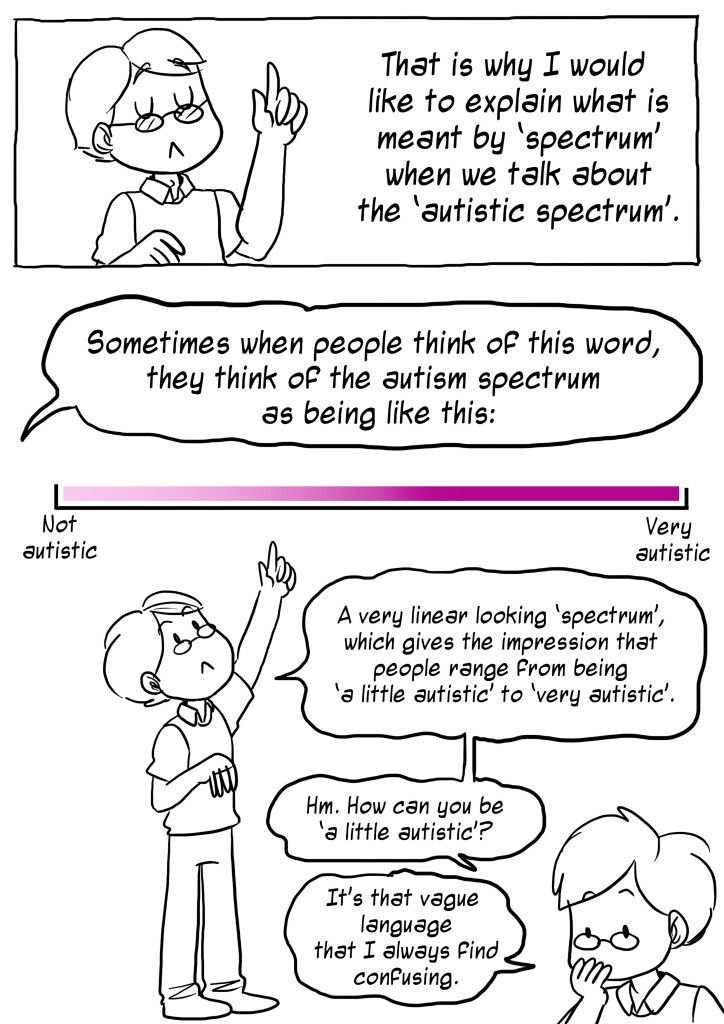Anxiety nutrition solutions
Nutritional strategies to ease anxiety
According to the National Institute of Mental Health, anxiety disorders are the most common mental illness in the United States. That’s 40 million adults—18% of the population—who struggle with anxiety. Anxiety and depression often go hand in hand, with about half of those with depression also experiencing anxiety.
Specific therapies and medications can help relieve the burden of anxiety, yet only about a third of people suffering from this condition seek treatment. In my practice, part of what I discuss when explaining treatment options is the important role of diet in helping to manage anxiety.
In addition to healthy guidelines such as eating a balanced diet, drinking enough water to stay hydrated, and limiting or avoiding alcohol and caffeine, there are many other dietary considerations that can help relieve anxiety. For example, complex carbohydrates are metabolized more slowly and therefore help maintain a more even blood sugar level, which creates a calmer feeling.
A diet rich in whole grains, vegetables, and fruits is a healthier option than eating a lot of simple carbohydrates found in processed foods. When you eat is also important. Don’t skip meals. Doing so may result in drops in blood sugar that cause you to feel jittery, which may worsen underlying anxiety.
The gut-brain axis is also very important, since a large percentage (about 95%) of serotonin receptors are found in the lining of the gut. Research is examining the potential of probiotics for treating both anxiety and depression.
Make these foods a part of your anti-anxiety diet
You might be surprised to learn that specific foods have been shown to reduce anxiety.
- In mice, diets low in magnesium were found to increase anxiety-related behaviors. Foods naturally rich in magnesium may, therefore, help a person to feel calmer. Examples include leafy greens, such as spinach and Swiss chard. Other sources include legumes, nuts, seeds, and whole grains.
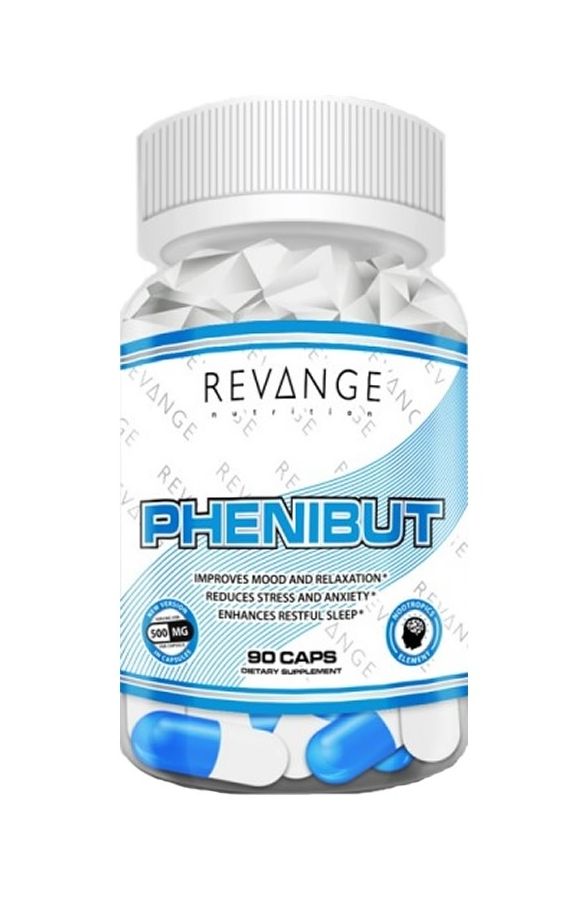
- Foods rich in zinc such as oysters, cashews, liver, beef, and egg yolks have been linked to lowered anxiety.
- Other foods, including fatty fish like wild Alaskan salmon, contain omega-3 fatty acids. A study completed on medical students in 2011 was one of the first to show that omega-3s may help reduce anxiety. (This study used supplements containing omega-3 fatty acids). Prior to the study, omega-3 fatty acids had been linked to improving depression only.
- A study in the journal Psychiatry Research suggested a link between probiotic foods and a lowering of social anxiety. Eating probiotic-rich foods such as pickles, sauerkraut, and kefir was linked with fewer symptoms.
- Asparagus, known widely to be a healthy vegetable. Based on research, the Chinese government approved the use of an asparagus extract as a natural functional food and beverage ingredient due to its anti-anxiety properties.
- Foods rich in B vitamins, such as avocado and almonds
- These "feel good" foods spur the release of neurotransmitters such as serotonin and dopamine.
 They are a safe and easy first step in managing anxiety.
They are a safe and easy first step in managing anxiety.
Should antioxidants be included in your anti-anxiety diet?
Anxiety is thought to be correlated with a lowered total antioxidant state. It stands to reason, therefore, that enhancing your diet with foods rich in antioxidants may help ease the symptoms of anxiety disorders. A 2010 study reviewed the antioxidant content of 3,100 foods, spices, herbs, beverages, and supplements. Foods designated as high in antioxidants by the USDA include:
- Beans: Dried small red, Pinto, black, red kidney
- Fruits: Apples (Gala, Granny Smith, Red Delicious), prunes, sweet cherries, plums, black plums
- Berries: Blackberries, strawberries, cranberries, raspberries, blueberries
- Nuts: Walnuts, pecans
- Vegetables: Artichokes, kale, spinach, beets, broccoli
- Spices with both antioxidant and anti-anxiety properties include turmeric (containing the active ingredient curcumin) and ginger.
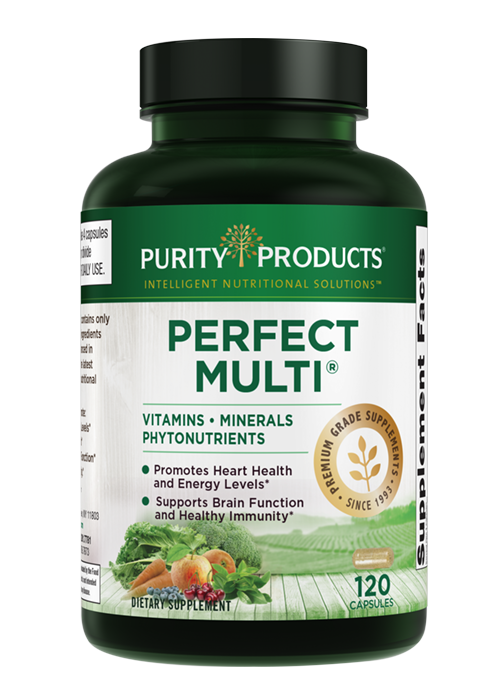
Achieving better mental health through diet
Be sure to talk to your doctor if your anxiety symptoms are severe or last more than two weeks. But even if your doctor recommends medication or therapy for anxiety, it is still worth asking whether you might also have some success by adjusting your diet. While nutritional psychiatry is not a substitute for other treatments, the relationship between food, mood, and anxiety is garnering more and more attention. There is a growing body of evidence, and more research is needed to fully understand the role of nutritional psychiatry, or as I prefer to call it, Psycho-Nutrition.
The Antianxiety Food Solution by Trudy Scott
– How the Foods You Eat Can Help You Calm Your Anxious Mind, Improve Your Mood and End Cravings
by Trudy Scott, CN (published by New Harbinger, 2011)
It’s remarkable how much the foods we eat can impact our brain chemistry and emotions.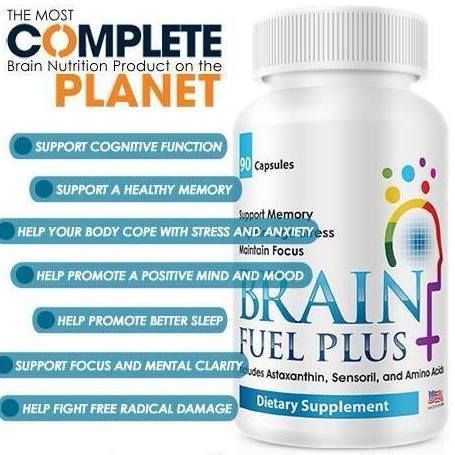 What and when we eat can make the difference between feeling anxious and staying calm and in control. But most of us don’t realize how much our diets influence our moods, thoughts, and feelings until we make a change. In this book, you’ll find four unique antianxiety diets designed to help you address nutritional deficiencies that may be at the root of your anxiety and enjoy the many foods that foster increased emotional balance.
What and when we eat can make the difference between feeling anxious and staying calm and in control. But most of us don’t realize how much our diets influence our moods, thoughts, and feelings until we make a change. In this book, you’ll find four unique antianxiety diets designed to help you address nutritional deficiencies that may be at the root of your anxiety and enjoy the many foods that foster increased emotional balance.
This easy-to-use guide helps you choose the best plan for you and incorporates effective anxiety-busting foods and nutrients. You’ll soon be on the path to freeing yourself from anxiety—and enjoying an improved overall mood, better sleep, fewer cravings, and optimal health—the natural way!
In The Antianxiety Food Solution, you’ll discover:
- How to assess your diet for anxiety-causing and anxiety-calming foods and nutrients
- Foods and nutrients that balance your brain chemistry
- Which anxiety-triggering foods and drinks you may need to avoid
- Easy lifestyle changes that reduce anxiety and increase happiness
Buy your copy
Buy the book from Amazon
Buy the Kindle from Amazon
Buy the book in German
Endorsements
This book “fills an important gap in the popular literature on anxiety.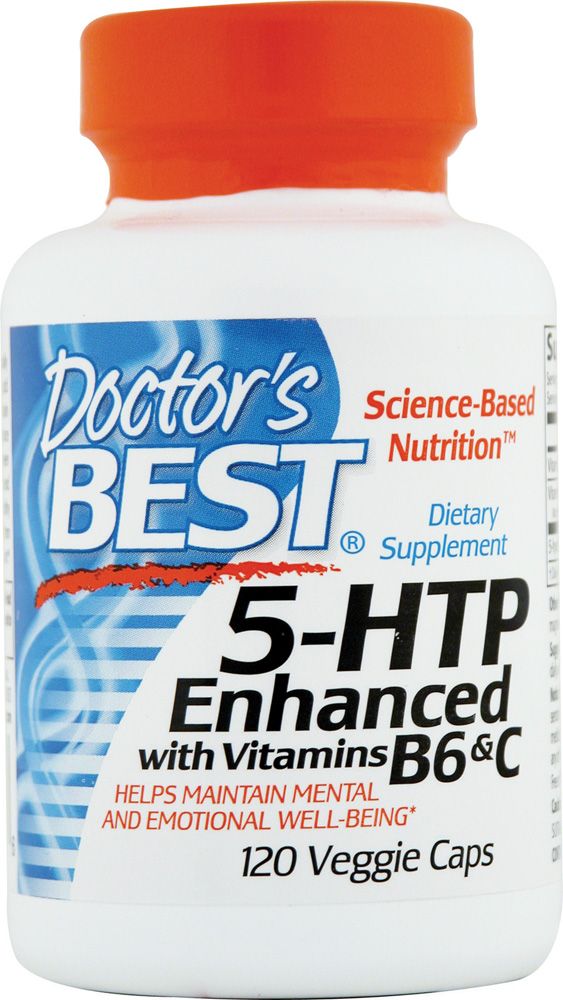 It provides clear, helpful guidelines for utilizing nutrition to overcome anxiety.Edmund Bourne, PhD, author of The Anxiety and Phobia Workbook
It provides clear, helpful guidelines for utilizing nutrition to overcome anxiety.Edmund Bourne, PhD, author of The Anxiety and Phobia Workbook
A great book with plenty of practical advice backed by science.Daniel G. Amen, MD, author of Change Your Brain, Change Your Life
Every one of the millions now suffering from anxiety has a new friend in Trudy Scott, whose book offers them a nutritional lifeline. Replete with specific and practical suggestions, this book is backed up by research and clinical expertise.Julia Ross, MA, MFT, author of The Mood Cure and The Diet Cure
This book is a must-read if you have anxiety and want to treat the underlying causes and heal, rather than having to rely on medications. Adjust your brain chemistry with the right nutrients and you can reclaim your brain and your life!Hyla Cass, MD, author of 8 Weeks to Vibrant Health
This book is a real tour-de-force in complementary mental health literature and should be on the shelves of every anxiety sufferer.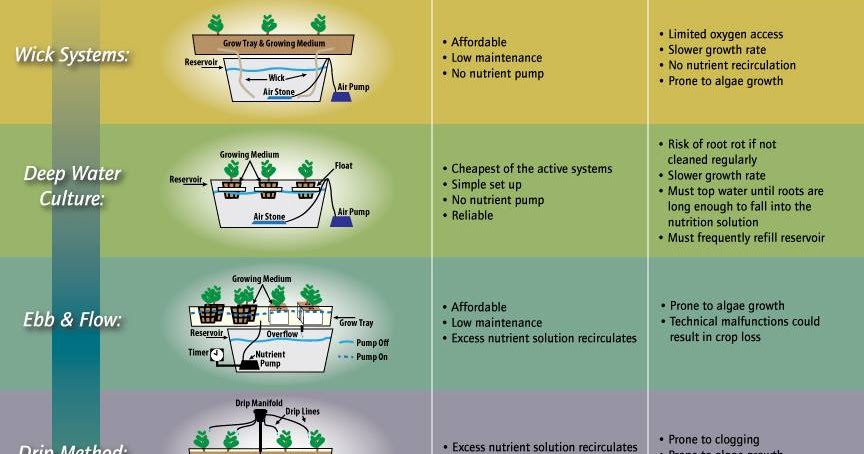 It’s a user-friendly and balanced book about foods and nutrients that can reduce anxiety, and it is also refreshingly original.Jonathan Prousky, MSc, ND, professor of clinical nutrition at the Canadian College of Naturopathic Medicine and author of Anxiety: Orthomolecular Diagnosis and Treatment
It’s a user-friendly and balanced book about foods and nutrients that can reduce anxiety, and it is also refreshingly original.Jonathan Prousky, MSc, ND, professor of clinical nutrition at the Canadian College of Naturopathic Medicine and author of Anxiety: Orthomolecular Diagnosis and Treatment
As a nutrition and fitness expert and the mother of a child with an emotional disorder, I find this book invaluable. It is one I will use myself and recommend to both clients and colleagues.JJ Virgin, CNS, CHFS, nutrition and fitness expert, author of Six Weeks to Sleeveless and Sexy, and cohost of TLC’s Freaky Eaters
A leader in the field of food and mental health, Trudy Scott supplements the core themes of food and gut health with chapters on amino acids, pyroluria, and lifestyle changes. Trudy aptly emphasizes that readers should try to find the root cause of their health problems.Lawrence E. Cormier, MD, holistic psychiatrist in Denver, CO
This book may be the key you’ve been looking for.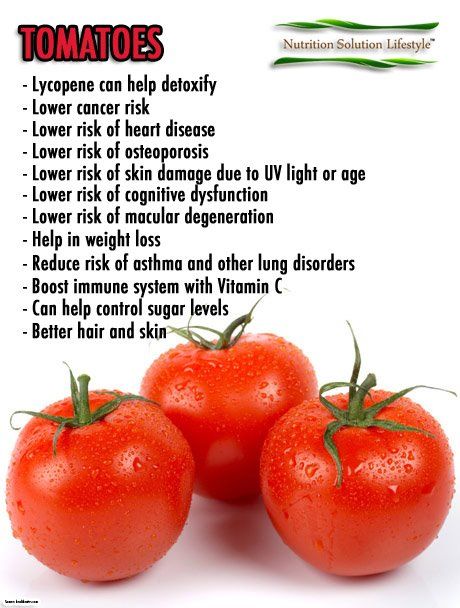 It does an excellent job of explaining the science behind anxiety and then bringing it to a practical level, providing a nutritional and integrative approach to anxiety.Elizabeth Lipski, PhD, CCN, director of doctoral studies at Hawthorn University in Whitethorn, CA, and author of Digestive Wellness
It does an excellent job of explaining the science behind anxiety and then bringing it to a practical level, providing a nutritional and integrative approach to anxiety.Elizabeth Lipski, PhD, CCN, director of doctoral studies at Hawthorn University in Whitethorn, CA, and author of Digestive Wellness
Trudy Scott’s work communicates something I tell my patients every day: there is a powerful connection between what we eat and how we feel.Mike Dow, PsyD, cohost of TLC’s Freaky Eaters
I recommend this book not only to those who suffer from anxiety, but to their health care providers as well.Karla Maree, certified nutrition consultant, neuronutrient therapist, and director of nutritional therapy at Recovery Systems Clinic
A comprehensive book providing the nation with much-needed formulas for overcoming anxiety and restoring stable emotions!Joan Mathews-Larson, PhD, LADC, founder of the Health Recovery Center in Minneapolis, MN, and author of Depression-Free, Naturally
This book offers a wealth of useful information for those who would like to try dietary and other lifestyle changes in order to improve their mental health. It is also a valuable resource for clinicians interested in broadening their approach to the treatment of anxiety.Felice N. Jacka, PhD, research fellow at the University of Melbourne in Australia
It is also a valuable resource for clinicians interested in broadening their approach to the treatment of anxiety.Felice N. Jacka, PhD, research fellow at the University of Melbourne in Australia
Full of practical tips for restoring balance to your body and mind. I highly recommend it.Mark Atkinson, MD, author of The Mind-Body Bible
The Antianxiety Food Solution is one of the most comprehensive guides to nutritional healing for anxiety.Elizabeth Large, ND
Trudy Scott is an expert on the relationship between food and mood, an often neglected area. This book provides clearly presented practical information, which I believe to be important adjunctive help in the treatment of anxiety, depression, and serious mental illness.Katherine Falk, MD, psychiatrist in New York, NY
An easy-to-read book that should help many people with anxiety.Michael B. Schachter, MD, CNS, board-certified psychiatrist
Buy the book from Amazon
Buy the Kindle from Amazon
Buy the book in German
Reviews from readers
I can “recommend it for practitioners who have patients/clients who want to improve their affect, increase energy levels (who doesn’t!), suffer from anxiety, poor memory or sleep issues. Pass on this book to them and ask them to read it through cover to cover. It’s got a wealth of tips and resources linking behaviour with nutrition, and does it gracefully and with much self-insight.
Pass on this book to them and ask them to read it through cover to cover. It’s got a wealth of tips and resources linking behaviour with nutrition, and does it gracefully and with much self-insight.
I’ve read many books on the subject of psychology and biochemical links, and this is definitely one of the best written. It’s aimed at the intelligent reader who may have a little knowledge of nutrition, as well as practitioners and those who use patient centred approaches within their practice.
Donald Scott, Osteopath & Naturopath, Natural Therapy Centre, Kilmacolm, Inverclyde, United Kingdom
I cried my way thru this book ~ out of JOY~ for finally finding a very helpful book! I have been on a journey for 10 years trying to navigate issues with depression, stress, anxiety, insomnia and other fun things. I’ve been to doctors, psychologists, psychiatrists and counselors. I’ve been put on medication which after many years of that left me suicidal, overweight, depressed and very angry. It is VERY frustrating trying to navigate doctors, testing and information out there that could help you. This summer I read several books that addressed depression from a dietary and nutrition standpoint. This one was the best in my opinion. It’s not too long, easy to read and understand, and well organized. And it agreed with several things I had read in other books ~ such as the use of amino acids, vitamins and issues with gluten and sugar to address depression, etc. There’s many good ‘life stories’ in it too which help you relate. Thanks Trudy Scott!
Kathy Masterson, Amazon review
Book reviews
- by Mira Dessy, Certified Nutrition Educator and holistic health columnist and featured in Nourishing Bytes, the ezine produced by the National Association of Nutrition Professionals, June 2011.
- by Dr Winston Chung, MD and Child Psychiatrist, and featured the SFGate blog City Brights.
Table of contents
Introduction
My Story
Anxiety Statistics and Facts
Causes of Anxiety
What Is a Natural Approach and Why Use It?
Overview of the Book
Chapter 1: Figure Out Your Optimum Antianxiety Diet
The Antianxiety Food Solution Diets
Antianxiety Food Solution Diet 1: Gluten Free
Antianxiety Food Solution Diet 2: Gluten Free and Dairy Free
Antianxiety Food Solution Diet 3: Grain Free and Dairy Free
Antianxiety Food Solution Diet 4: Traditional Foods
Foods to Include
Eat Real, Whole, Good-Quality Foods
Eat Frequently Enough
Eat Quality Animal Protein
Red Meat
Poultry and Eggs
Fish and Other Seafood
Eat Nonstarchy Fresh Vegetables
Eat Fresh Fruit
Eat Good Fats
Keep Hydrated
Eat Legumes
Eat Starchy Fresh Vegetables
Eat Gluten-Free Whole Grains
Consume Dairy
Eat Whole Grains That Contain Gluten
Foods to Avoid
Avoid Empty Foods
Other Foods You May Need to Avoid
Eat Bonus Foods
Recipe and Food Resources
Wrapping Up
Chapter 2: Avoid Sugar and Control Blood Sugar Swings
The Harmful Effects of Sugar and Sweeteners
Sugars and Sweeteners Defined
Where Sugar Is Found
Artificial Sweeteners
What to Use Instead of Unhealthy Sugars and Artificial Sweeteners
Control Blood Sugar Swings
Benefits of Controlling Blood Sugar Swings
Simple Dietary Changes to Help Control Blood Sugar Swings
Supplements
How Quickly You Can Expect Improvements
If You Have a Sugar or Carb Addiction and Can’t Quit
Chapter 3.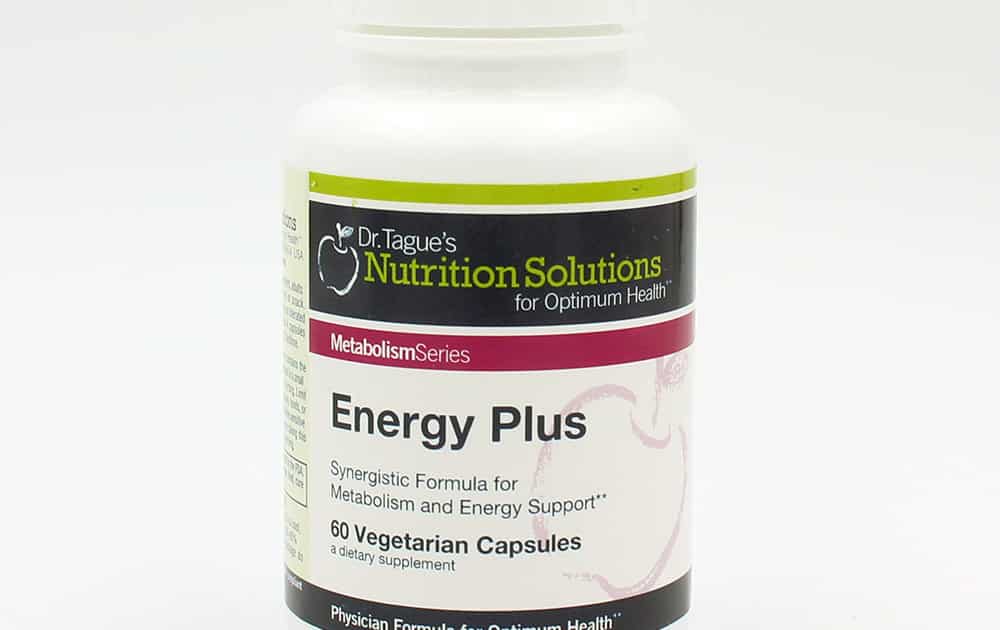 Avoid Caffeine, Alcohol, and Nicotine
Avoid Caffeine, Alcohol, and Nicotine
Coffee and Caffeine
Caffeine and Anxiety
Other Reasons to Consider Giving Up Caffeine
How to Quit Caffeine and What to Drink Instead
If You Do Want to Drink Coffee
Alcohol
Nutritional Deficiencies Due to Alcohol Consumption
Alcohol and Low Blood Sugar
Alcohol Sensitivity
How to Quit Alcohol
Nicotine
Nicotine and Anxiety
How to Quit Smoking
How Quickly You Can Expect Improvements
Chapter 4. Address Problems with Gluten and Other Foods
Why Food May Be Affecting Your Mood
True Food Allergies
Food Sensitivities or Delayed Food Reactions
Problems with Gluten
Gluten, Anxiety, and Other Mood Problems
Gluten and the Digestive System
Testing for Gluten Sensitivities
Two-Week Gluten Elimination-Challenge Trial
Lab Tests for Gluten Sensitivity
Salivary Antigliadin Antibodies
IgG Antibodies for Gluten-Containing Grains
Elevated Thyroid Antibodies
Testing for Celiac Disease
Alternatives to Grains That Contain Gluten
If Gluten Isn’t a Problem
Problems with Dairy Consumption
Problems with Other Foods
Problems with All Grains and Starchy Vegetables
Using Amino Acids to Reduce Cravings
Allergies and Anxiety Due to Low Blood Histamine
How Quickly You Can Expect Improvements
Chapter 5.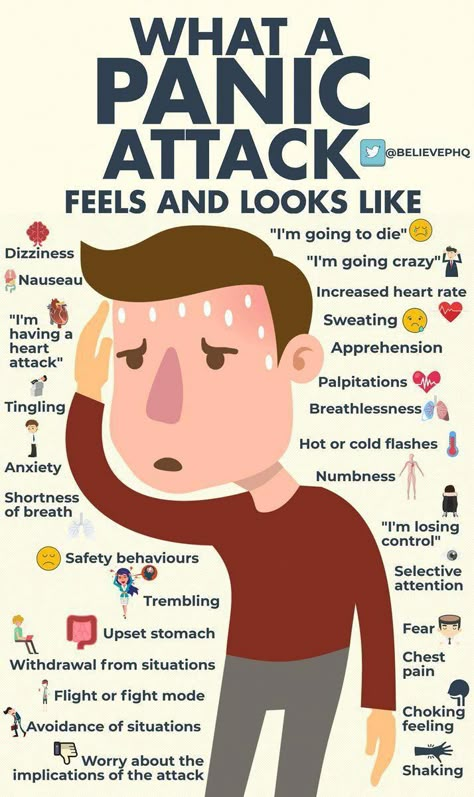 Improve Your Digestion
Improve Your Digestion
The Digestive Process
Why Good Digestion and Absorption Are Important
Using Your Stool as a Clue to Your Digestive Function
Eating Guidelines for Good Digestion
Eat Foods That Promote Good Digestion and Skip Poor-Quality Food
Change Your Eating Habits
Causes of Poor Digestion and How to Improve Your Digestion
Low Levels of Stomach Acid or Pancreatic Enzymes
Testing for Low Stomach Acid and Pancreatic Enzymes
How to Correct Low Stomach Acid or Low Pancreatic Enzymes
Large Intestine Issues
Bacterial Imbalance or Parasites
Candida Overgrowth
Testing for Bacterial Imbalance, Parasites, and Candida
Controlling Candida and Increasing Beneficial Bacteria
Foods and Nutrients for Healing a Damaged Digestive System
Liver or Gallbladder Problems
How Quickly You Can Expect Improvements
Chapter 6. Balance Brain Chemistry with Amino Acids
GABA
Steps to Raise GABA Levels
Serotonin
Steps to Raise Serotonin Levels
Catecholamines
Steps to Raise Catecholamine Levels
Endorphins
Steps to Raise Endorphin Levels
Testing for Levels of Amino Acids
Drug of Choice
Guidelines for Supplementing with Amino Acids
Amino Acid Precautions
How Quickly You Can Expect Improvements
Chapter 7. Address Pyroluria or Low Levels of Zinc and Vitamin B6
Address Pyroluria or Low Levels of Zinc and Vitamin B6
Prevalence of Pyroluria and Co-occurring Disorders
Testing for Pyroluria
Pyroluria Urine Test
Zinc Taste Test
Vitamin B6 Testing
Fatty Acid Testing
Comprehensive Metabolic Profile
Zinc, Vitamin B6, and Fatty Acids for Pyroluria
Zinc Supplementation
Food Sources of Zinc
Vitamin B6 Supplementation
Food Sources of Vitamin B6
Fatty Acids for Pyroluria
Other Nutrients for Pyroluria
How Quickly You Can Expect Improvements
Chapter 8. Other Nutrients, Hormone Imbalances, Toxins, Medications, and Lifestyle Changes
Basic Supplements
Multivitamin and Multimineral with B Vitamins
Iron
Vitamin C
Individual Nutrients for Anxiety
Extra B Vitamins
Magnesium and Calcium
Vitamin D
Omega-3s and Omega-6s
Theanine and Lactium
Hormone Imbalances
Adrenal Dysfunction
Thyroid Dysfunction
Sex Hormone Imbalances in Women
Reduce Your Exposure to Toxins
Toxins in the Home
Heavy Metals
Understand the Effects of Medications
Make Important Lifestyle Changes
Do Some Exercise, Preferably Outdoors
Get Enough Sleep
Consider Therapy and Support Groups
Set Aside Time for Relaxation
Take Up Yoga, Tai Chi, Qigong, or Meditation
Take a Real Vacation Every Year
Try Guided Imagery
Other Techniques That May Help
Parting Words
Appendices
- Sue’s Story
- Food, Mood, Energy, Cravings, and Sleep Log
Resources
Internet Resources for Healthy Eating and Living
Lab Tests
Recommended Reading
Nutritional Healing
Food, Cooking, and Cookbooks
References
A selection of quotes and facts from each chapter
Here are a selection of quotes and facts from each chapter of the book:
Introduction
“There’s a reason why I’m so passionate about working with people with anxiety and why I’m writing this book.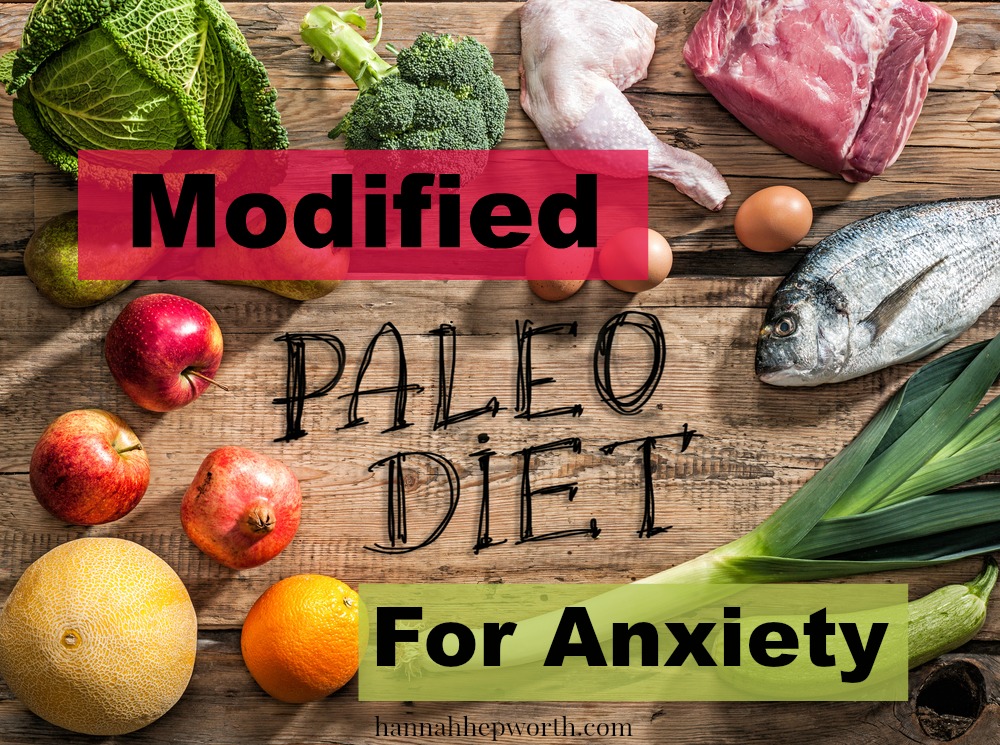 I’ve had my own personal journey with anxiety…”
I’ve had my own personal journey with anxiety…”
Chapter 1: Figure Out Your Optimum Antianxiety Diet
There are 4 antianxiety diets but “Eating real, whole, good-quality food is the foundation of this book and any program to prevent and alleviate mental health issues such as anxiety….”
Chapter 2: Avoid Sugar and Control Blood Sugar Swings
“Sugar and alcohol may contribute to elevated levels of lactate in the blood, which can cause anxiety and panic attacks”
Chapter 3: Avoid Caffeine, Alcohol, and Nicotine
In a study, “…those with panic disorders experienced increases in symptoms such as nervousness, fear, nausea, heart palpitations, and tremors after consuming caffeine and said the effects were similar to how they felt during a panic attack…”
Chapter 4: Address Problems with Gluten and Other Foods
“Clinical experience and specific studies support the connection between gluten and anxiety, social phobia, depression, and even schizophrenia”
Chapter 5: Improve Your Digestion
“…people with digestive complaints such IBS, food allergies and sensitivities, small intestinal bacterial overgrowth and ulcerative colitis frequently suffer from anxiety and…depression.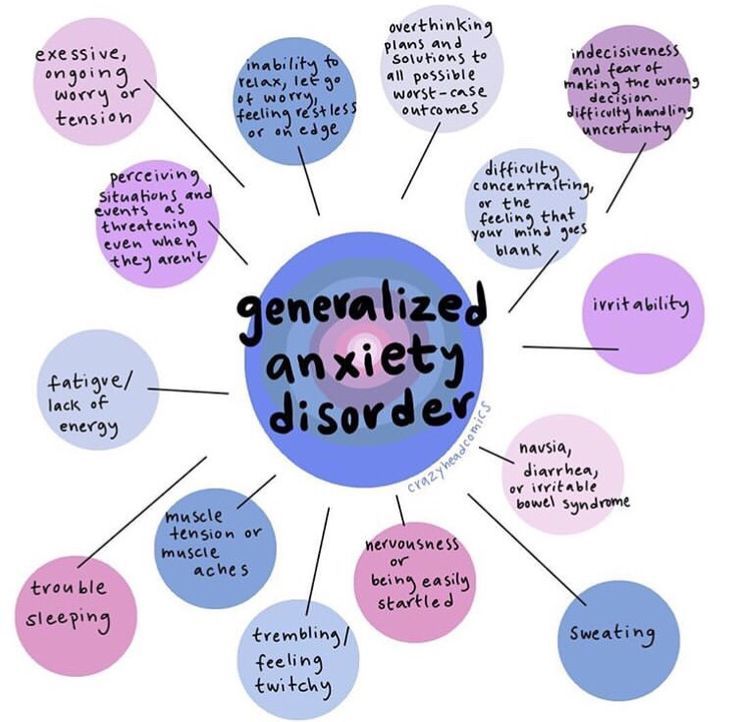 ”
”
Chapter 6: Balance Brain Chemistry with Amino Acids
“GABA plays a major role in anxiety, and serotonin plays a role in at least some types of anxiety…. The great thing about supplementing with amino acids is that you’ll get immediate feedback: positive effects, adverse effects, or no changes at all.”
Chapter 7: Address Pyroluria or Low Levels of Zinc and Vitamin B6
“Low levels of zinc and vitamin B6 are frequently associated with a type of anxiety characterized by social anxiety, avoidance of crowds, a feeling of inner tension, and bouts of depression”
Chapter 8: Other Nutrients, Hormone Imbalances, Toxins, Medications, & Lifestyle Changes
“Mild to moderate deficiency of vitamin C may be associated with increased nervousness and anxiety… Supplemental magnesium together with vitamin B6 was shown to alleviate anxiety-related premenstrual symptoms, as well as breast tenderness and menstrual weight gain…”
As you can see, there are many factors that can affect how anxious you feel and since we are all biochemically unique it’s important to figure out and address what may be triggering your anxiety, mood issues and associated cravings.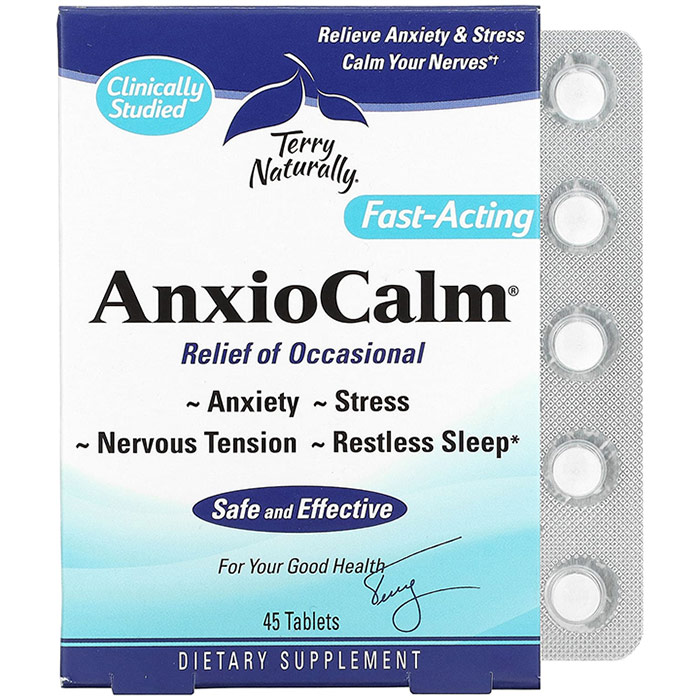
Buy the book from Amazon
Buy the Kindle from Amazon
Buy the book in German
Once you’ve read your copy (or listened to the audio version) I would love to hear back from you on how my book has helped you and/or family members – either here in the comments below or via an Amazon review or a review on another platform.
Feel free to post your questions too.
9 foods that reduce stress and anxiety
September 5Health
Try antidepressants, generously provided by nature.
Share
0 You can listen to the article. If it's more convenient for you, turn on the podcast.
1. Salmon
Photo: yelenayemchuk / DepositphotosSalmon contains many nutrients that promote brain health. These are vitamin D, omega-3 fatty acids, eicosapentaenoic (EPA) and docosahexaenoic (DHA) acids.
Omega-3s, EPA and DHA help the body produce the hormones dopamine and serotonin, which have a calming and relaxing effect.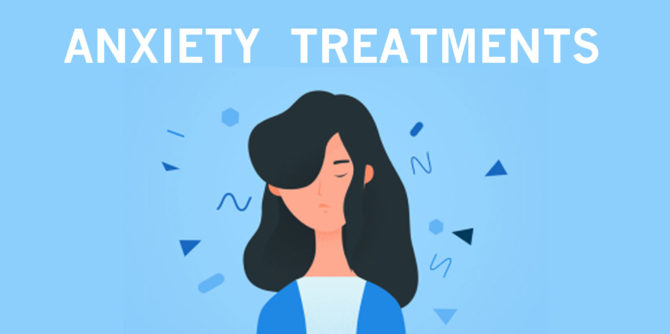 And the absorption of vitamin D avoids neurocognitive dysfunction, promotes brain health, and also promotes calm.
And the absorption of vitamin D avoids neurocognitive dysfunction, promotes brain health, and also promotes calm.
In one experiment, researchers from the University of Bergen (Norway) found that people who ate Atlantic salmon meat three times a week for five months experienced less stress than those who preferred chicken, pork or beef. In addition, their heart rate and heart rate variability improved.
2. Chamomile
Photo: ls992007 / DepositphotosTraditionally, chamomile tea is believed to help calm the nerves, and this is the case when folk wisdom is confirmed by science. Chamomile is high in antioxidants, which have been shown to reduce inflammation and may reduce the risk of anxiety.
Studies show that chamomile can help relieve anxiety, even for people diagnosed with generalized anxiety disorder. And one experiment showed that subjects who consumed chamomile extract for eight weeks experienced a reduction in symptoms of depression and anxiety.
3.
 Chocolate Photo: bhofack2 / Depositphotos
Chocolate Photo: bhofack2 / Depositphotos The fact that chocolate reduces stress and in general is one concentrated “happiness hormone” is known to everyone. It increases the level of serotonin, which reduces stress and anxiety. In addition, dark chocolate contains flavanols, which improve brain function, help it adapt to stressful situations and relieve anxiety.
It is traditionally believed that bitter tiles are the most useful. But studies show that the milk version is more effective in reducing anxiety. So, if you do not like bitterness, there is no point in forcing yourself to eat the “right” chocolate. However, remember that this is a very high-calorie product and it is better not to abuse it.
4. Brazil nuts
Photo: HandmadePicture / DepositphotosBrazil nuts, the fruit of a tree called Bertoletia, contain a lot of vitamin E, low levels of which lead to depression.
They also have a high selenium content. This substance has antioxidant properties and has a good effect on mood.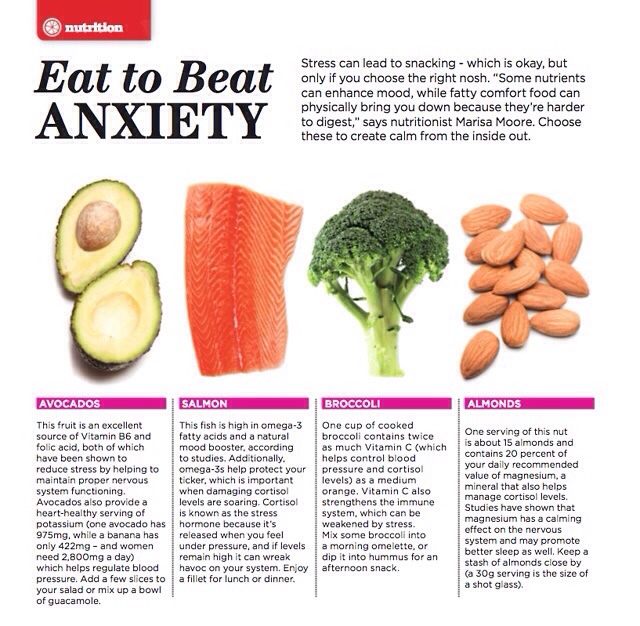 However, too much selenium should not be consumed. The recommended daily allowance for adults is 400 micrograms. So don't eat more than three or four Brazil nuts a day.
However, too much selenium should not be consumed. The recommended daily allowance for adults is 400 micrograms. So don't eat more than three or four Brazil nuts a day.
5. Turmeric
Photo: fortyforks / DepositphotosTurmeric is a spice that contains a compound called curcumin. It is very beneficial for promoting brain health and preventing anxiety disorders. Curcumin also has powerful antioxidant and anti-inflammatory properties, which are also good for brain cells.
In addition, the use of oriental spice reduces the body's production of inflammatory markers such as cytokines, which are responsible for increased anxiety.
6. Bananas
Photo: AntonMatyukha / DepositphotosBananas contain large amounts of tryptophan, an amino acid involved in the production of serotonin in the body. This means that they contribute to relaxation and anxiety relief. In addition, bananas are full of magnesium and potassium, the lack of which leads to stress.
7.
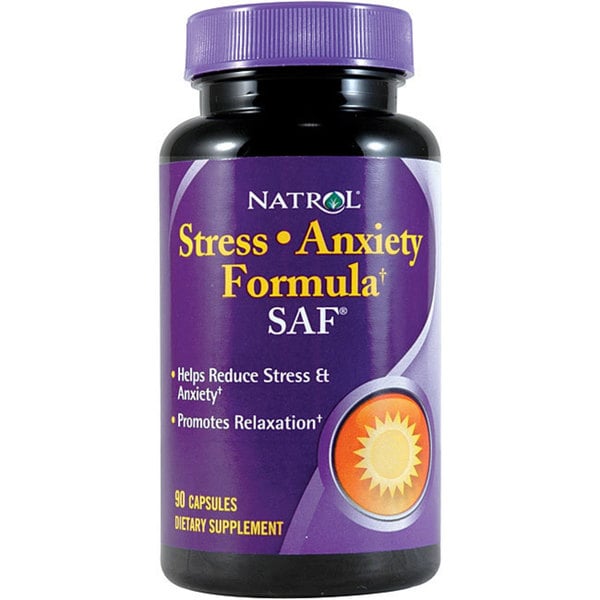 Eggs Photo: nblxer / Depositphotos
Eggs Photo: nblxer / Depositphotos Eggs are an excellent source of vitamin D, the deficiency of which leads to depression and anxiety. The use of this product improves well-being and mood. In addition, eggs contain tryptophan, which, as already mentioned, is involved in the production of serotonin.
8. Yogurt
Photo: tashka2000 / DepositphotosProbiotics and other beneficial bacteria found in yogurt have a beneficial effect on mental health. Studies show that products with these components suppress free radicals and neurotoxins, helping to protect the nervous tissue of the brain.
Anxiety sufferers who consume daily probiotic yogurt have been experimentally shown to cope with stress more easily than those who consume the non-probiotic version. A product with beneficial bacteria improves the functioning of the areas of the brain that control emotions and sensations.
Keep in mind that not all types of yogurt are equally effective in reducing stress.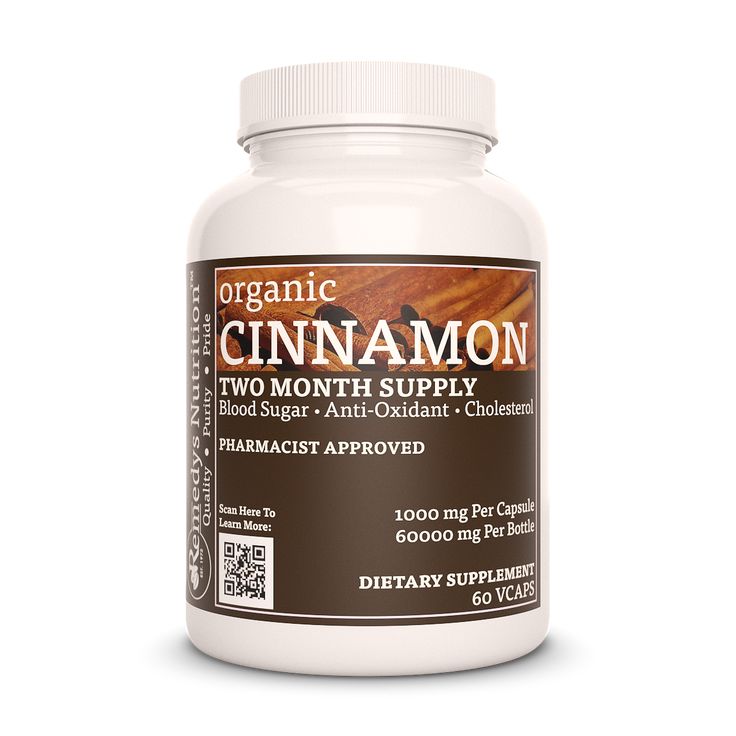 Look for those with live, active probiotic cultures listed in their ingredients. Or make your own yogurt.
Look for those with live, active probiotic cultures listed in their ingredients. Or make your own yogurt.
9. Green tea
Photo: Kesu01 / DepositphotosGreen tea contains epigallocatechin gallate (EGCG), an antioxidant that promotes brain health and reduces anxiety. In addition, the drink contains L‑theanine, an amino acid that has a similar effect on the body. It also enhances the production of dopamine and serotonin.
Studies show that people who use L-theanine showed a reduction in the psychological stress responses associated with anxiety and a normalization of their heart rate. And another experiment confirmed: L-theanine helps to reduce the level of cortisol, otherwise called the stress hormone.
Text updated 14 January 2020 to include more scientific data from verified sources.
Read also 🧐
- 5 foods that lift your mood and help fight depression
- 9 simple and effective ways to relieve stress
- What will happen to your body if you eat cashews every day
7 anti-anxiety foods that a Harvard professor advises you to eat - The-Femme
For many of us, anti-anxiety nutrition begins and ends with drinking a lot of coffee and experiencing nervous excitement after that.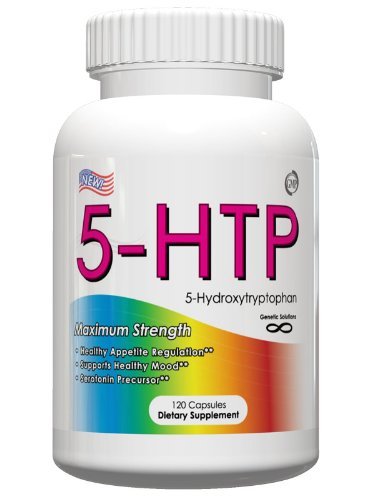 But when you understand that your diet and lifestyle have a huge impact on your overall well-being, the idea that what you eat affects your mental health doesn't seem so far-fetched.
But when you understand that your diet and lifestyle have a huge impact on your overall well-being, the idea that what you eat affects your mental health doesn't seem so far-fetched.
While many doctors are rushing to prescribe antidepressants to patients suffering from mental health problems such as anxiety and depression, others like Uma Naidoo, a teacher of psychiatry at Harvard Medical School, are beginning to recognize the real connection between nutrition and mental health.
"In my practice, part of my discussion in explaining treatments is the important role of nutrition in dealing with anxiety," she wrote in Harvard Health. “While nutritional psychiatry is not a substitute [for medicine], the link between food, mood and anxiety is gaining more and more attention. There is growing evidence and more research is needed to fully understand the role of food psychiatry.”
This is not to say that medications are not an important or, in many cases, a necessary part of the treatment of mental problems. Anxiety and depression cannot be treated with dietary changes alone, and part of eradicating the stigma associated with mental health issues comes from normalizing and taking medication as needed. With that said, it is also important to acknowledge the many factors that subtly influence our mental health. Just as there is more than one reason, there are more solutions.
“In addition to healthy recommendations like eating a balanced diet, drinking enough water, and limiting or eliminating alcohol and caffeine, there are so many other dietary considerations that can help alleviate anxiety,” Naidu explains, adding that reducing processed foods, filling with complex carbohydrates, grains, vegetables and fruits are also important.” A huge percentage (about 95%) of serotonin receptors have been found in the intestinal lining. A study is exploring the potential of probiotics to treat anxiety and depression.
Read on to find out what Professor Naidoo recommends eating for anxiety.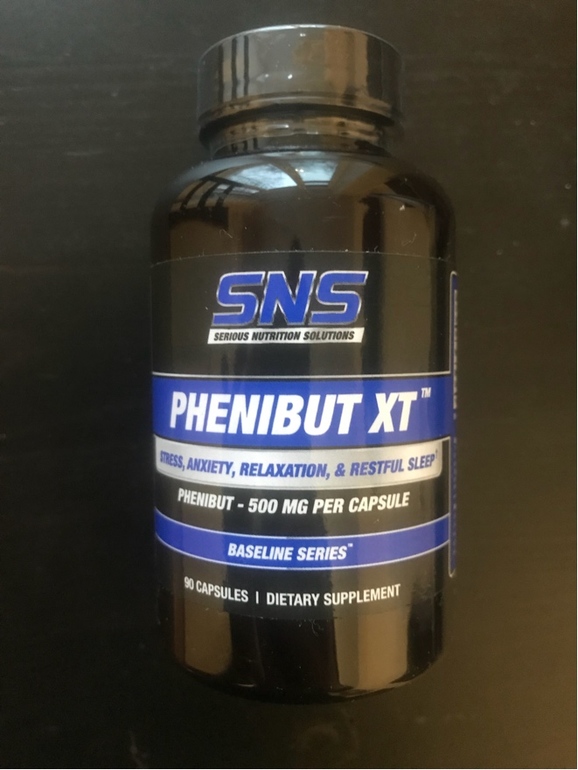
Magnesium
A diet low in magnesium has been found to increase anxiety-related behavior. Therefore, foods rich in magnesium can help a person feel more calm. Examples include leafy greens like spinach and Swiss chard... legumes, nuts, seeds, and whole grains.
SpinachZinc
Zinc-rich foods such as oysters, cashews, liver, beef, and egg yolks have been associated with reduced anxiety.
CashewsOmega-3 fatty acids
A 2011 study by medical students was one of the first to show that omega-3s can help reduce anxiety. Prior to the study, omega-3 fatty acids were associated with improved depression. Salmon, tuna, sardines, mackerel, anchovies, chia seeds, flaxseeds, walnuts, soybeans, etc. are all great sources of omega-3s.
TunaProbiotics
A recent study in Psychiatry Research showed an association between probiotic foods and reduced social anxiety. Eating probiotic foods like pickles, sauerkraut, and kefir has been associated with fewer symptoms.
Asparagus
Based on research, the Chinese government approved the use of asparagus extract as a natural functional food and beverage ingredient due to its anti-anxiety properties.
AsparagusVitamins B
Foods rich in B vitamins such as avocados and almonds stimulate the release of neurotransmitters such as serotonin and dopamine. It's a safe and easy first step in anxiety management.
AvocadoFoods rich in antioxidants
Anxiety is believed to be correlated with decreased total antioxidant status. Boosting your diet with foods rich in antioxidants can help relieve symptoms of anxiety disorders. This statement refers to a 2010 study that analyzed the antioxidant content of 3,100 foods, spices, herbs, drinks, and supplements. These foods were the highest in: pintos, black and red beans, apples, prunes, cherries, plums, blackberries, strawberries, cranberries, raspberries and blueberries, walnuts and pecans, artichokes, kale, spinach, beets and broccoli , spices of turmeric and ginger.


